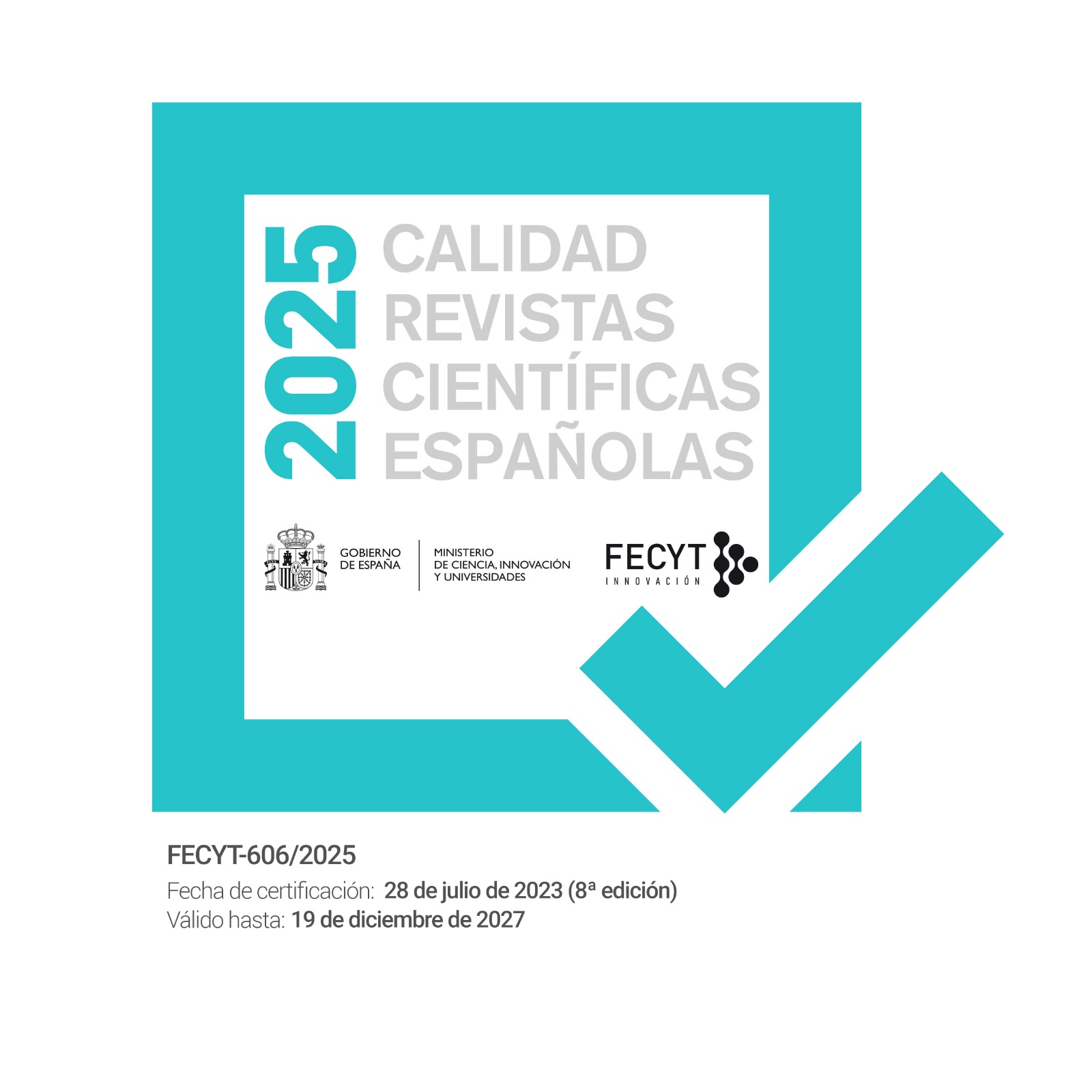Autonomía de la Comuna y origen del derecho propio escrito (Piacenza, mitad del siglo XII)
Palabras clave:
Comunas italianas - autonomía - derecho propio - estatutos - derechos realesResumen
Las investigaciones sobre la génesis de las comunas italianas y de su derecho propio en el siglo XII deberían desarrollarse con respecto a situaciones locales, sin reconstruir teleológicamente los acontecimientos y dirigiendo la atención a las primeras manifestaciones de la autonomía de las ciudades. Los estatutos de 1135 y los de 1144 son actos normativos de la Comuna de Piacenza, promulgados por la asamblea general de miembros y por los cónsules junto con un consejo ampliado. Fueron redactados por los iudices de Piacenza, que esbozaron aplicaciones del derecho lombardo y se movieron con confianza respecto a la primera recuperación de la tradición romano-justiniana. No fueron concebidos en interés exclusivo de los grupos sociales hegemónicos, sino que se preocuparon también por proteger a la que debía de ser una pequeña multitud de cultivadores (y tal vez artesanos), con el fin de encontrar un equilibrio capaz de conciliar las distintas necesidades. La comunidad que dio vida a la Comuna de Piacenza manifestó su autonomía política dictando, para resolver tensiones sociales y controversias jurídicas, un derecho escrito propio con un contenido nuevo. No pidió el derecho a sujetos supraordenados (la Iglesia, el poder imperial) ni a la tradición de usos y costumbres (el derecho consuetudinario), sino que lo hizo de forma original, logrando así también el objetivo de erigirse en sujeto político legítimo. Este proceso histórico y jurídico fue también fruto de la casualidad y el azar, pero sobre todo de una voluntad política precisa y una cultura jurídica bien formada.
Descargas
Descargas
Publicado
Cómo citar
Número
Sección
Licencia
Derechos de autor 2024 GLOSSAE. European Journal of Legal History

Esta obra está bajo una licencia internacional Creative Commons Atribución-NoComercial-SinDerivadas 4.0.
Creative Commons Reconocimiento-NoComercial-SinObraDerivada 4.0 España (CC BY-NC-ND 4.0 ES)




